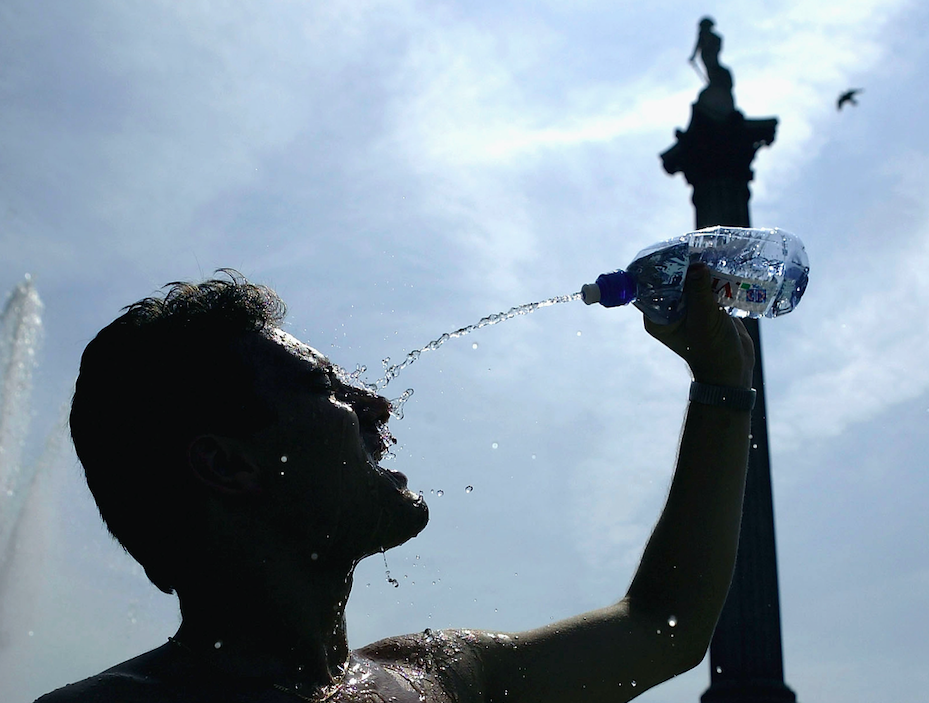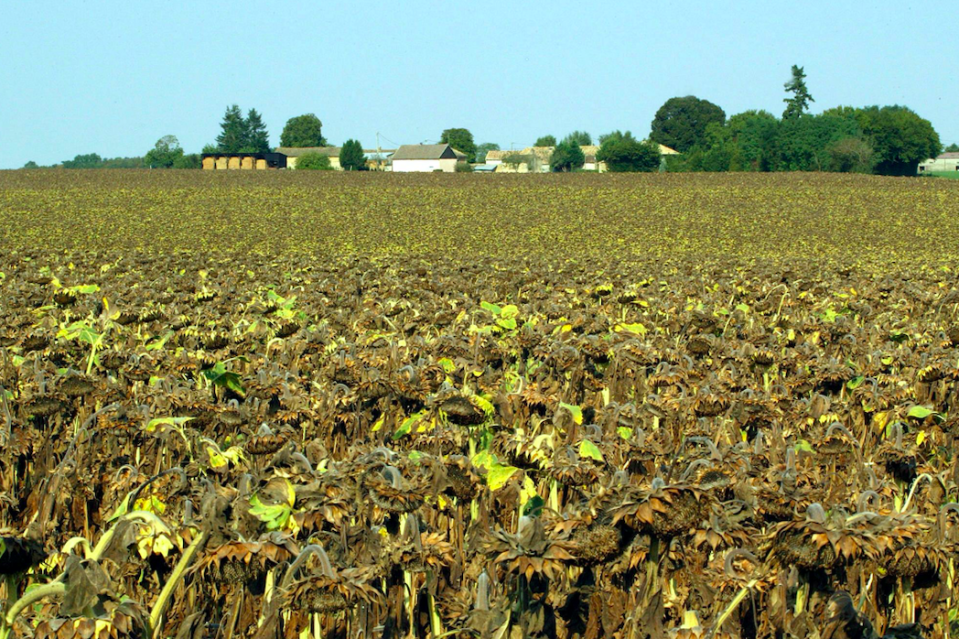Remembering the 2003 heatwave: 20,000 killed, hosepipe bans and WW2 tanks revealed by shrinking lakes

If you think the current heatwave is unbearable then cast your mind back 16 years to the summer of 2003.
While Britain is braced for its hottest day ever, Europe baked in a record-breaking heatwave in August 2003, which led to thousands of deaths and the drying out of lakes.
In the UK, a scorching 38.5°C was recorded in Brogdale in Kent on 10 August 2003, a record high which still stands - but may be broken today.


Countries across the continent went through a period of extreme hear that was thought to be the warmest for up to 500 years.
Some 20,000 people died and France was faced with the grim task of storing corpses in refrigerated lorries due to a lack of space in mortuaries.
In the UK, there were 2,000 heat-related deaths.
Read more from Yahoo News UK:
Police dog stabbed in the head during assault arrest is back on duty
Boris Johnson holds first Cabinet meeting of new team
Daredevils's attempt to hoverboard over English Channel ends in failure
Rivers, lakes and reservoirs were dried out in the drought - including the River Danube in Serbia, which fell to its lowest level in 100 years.
In fact, the water levels dropped so much that bombs and tanks from World War Two were revealed after being submerged for decades, forcing authorities to ban people from swimming.
A combination of temperatures in the mid-30s and a lack of rain saw forest fires break out in many countries.

In Portugal alone, 215,000 hectares of forest - an area approximately the size of Luxembourg - was completely destroyed.
As a result of the lack of rainfall, the UK government introduced a hosepipe ban and drinking water supplies were affected in some parts of the country.
Dry land let to less crops and burnt and scorched foliage, while food prices went up when chickens, pigs and cows died as a result of the heat.


Similarly to the problems affecting the rail lines today, tracks buckled in the heat and some road surfaced melted.
Tourist attractions were also affected, with the London Eye being temporarily closed due to the extreme heat inside the cabins.
Summers as hot as 2003 could happen every other year by the year 2050 as a result of climate change due to human activities.


The 2003 heatwave was due to an area of high pressure over most of Western Europe that saw air move continuously clockwise for most of August.
The Met Office now gives advance warnings of hot weather as a result of the 2003 heatwave.

 Yahoo News
Yahoo News 
